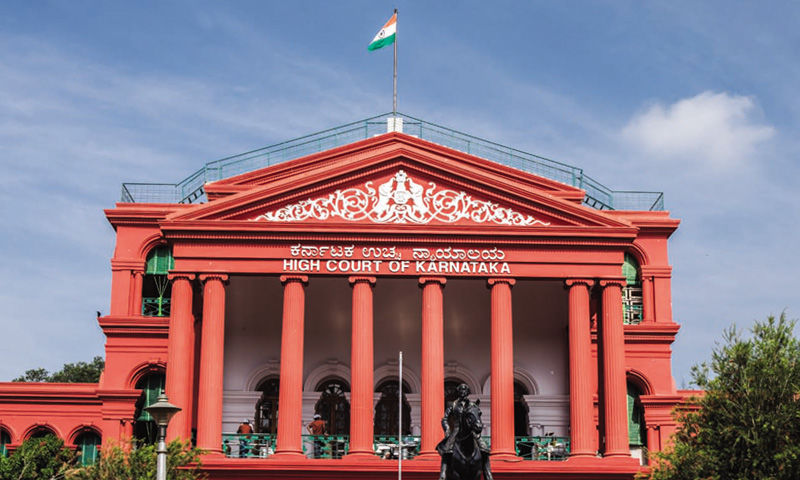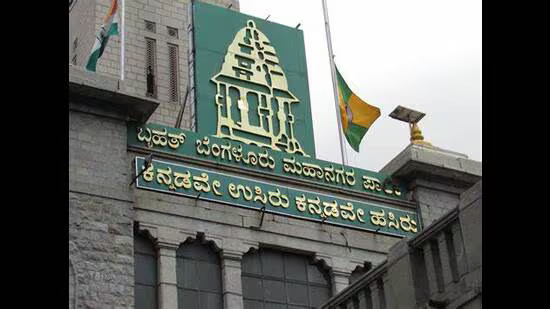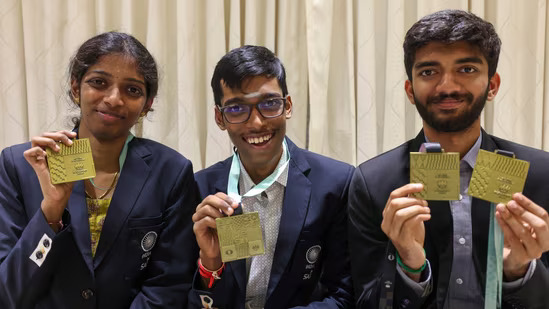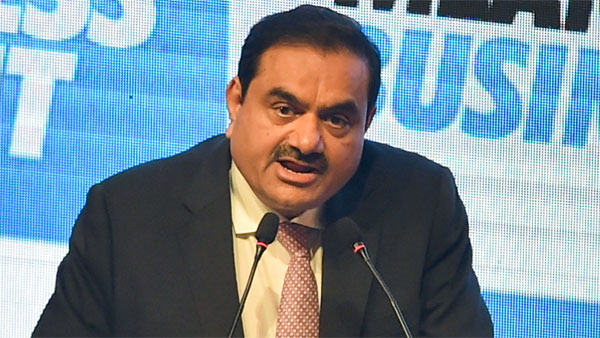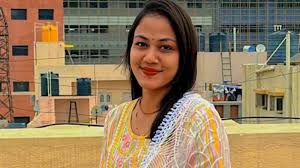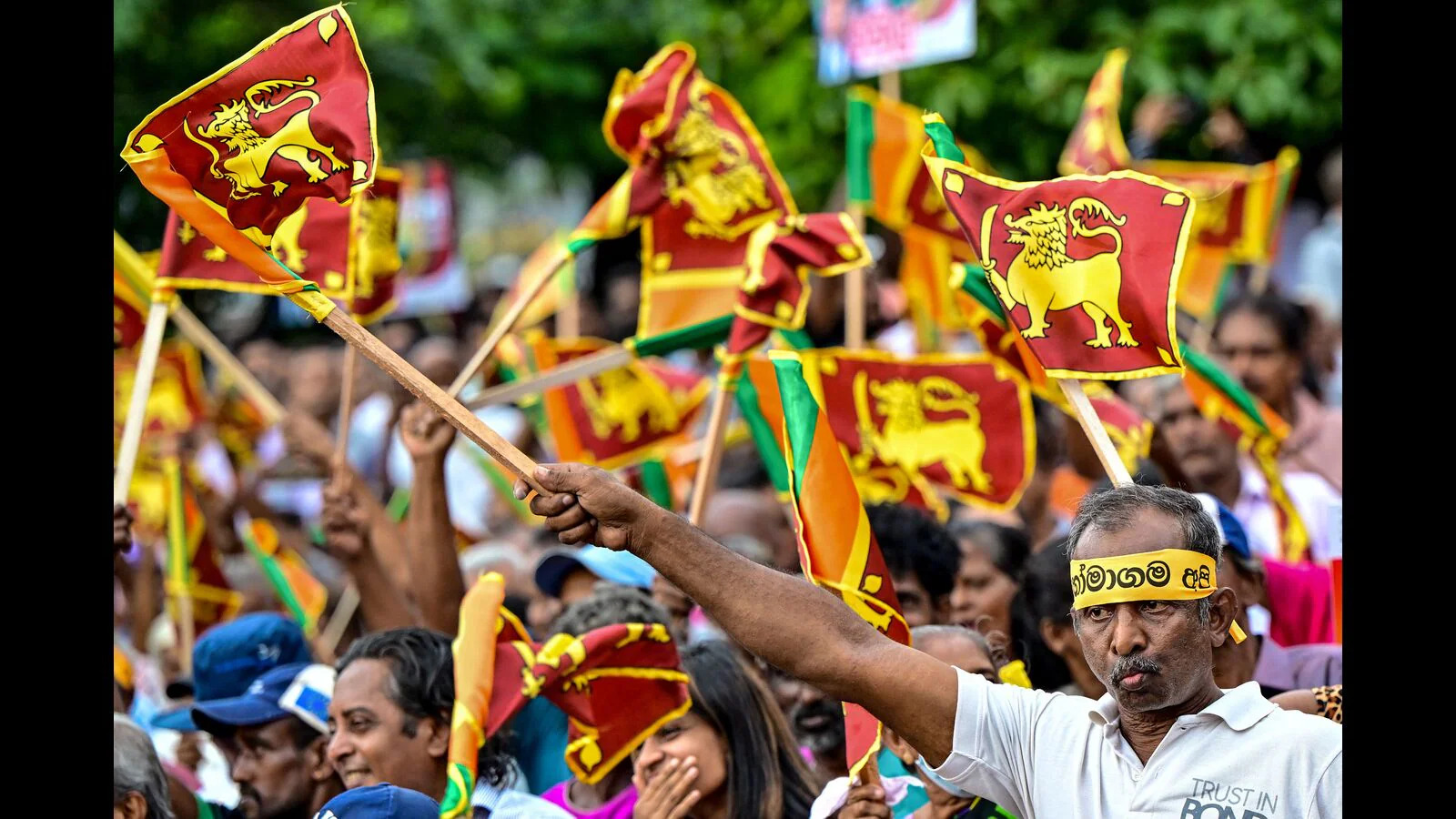.jpg)
Don’t use 1975 Emergency to score brownies
The Emergency imposed by then prime minister Indira Gandhi on June 25, 1975 is back in focus with PM Narendra Modi taking pot shots at the Opposition Congress on the 49th anniversary of its imposition. Modi has said that those dark days are a reminder of how the Congress subverted basic freedoms and trampled over the Constitution.
The Congress hit back at the PM and accused him of enforcing an "undeclared emergency" in the last 10 years which caused a “deep trauma” to democracy.
Congress president Mallikarjun Kharge said the prime minister is raking up the past only to hide his "failures".
During the Emergency, civil liberties were suspended, opposition leaders were jailed and press censorship effected till March 21, 1977 when it was lifted. While this was no doubt a dark phase in Indian history, one wonders if democracy was in full flow in the past 10 years when the BJP-led National Democratic Alliance (NDA) was in power.
There were draconian measures like Demonetisation which subjected millions of people to untold suffering and the Opposition was not taken into confidence on such a cardinal measure.
And as Mr Kharge remarked, the ‘breaking of parties, toppling of elected governments through the backdoor, misuse of agencies like the Enforcement Directorate, Central Bureau of Investigation (CBI) and Income Tax (IT) department against 95 percent of opposition leaders, putting chief ministers in jail, using the official machinery before elections and disturbing the level playing field, were akin to Emergency-like conditions.
What was even more worrisome during the past few years were the subtle hints given by those in power about amending the Constitution to suit their political objectives. There was talk about bringing in the Uniform Civil Code (UCC) and implementing the CAA and NRC, all controversial issues which many parties in the country are vehemently opposed to.
The minority communities have been living in fear wondering if their rights would be suppressed with lynchings and ‘bulldozer demolitions’ becoming all too common. .
What was pretty visible to everyone was an air of intolerance pervading every sphere of life. So if voters have virtually cut the NDA to size, restricting it to less than 300 seats compared to the 353 seats it garnered in the 2019 polls, one can assume that they were trying to send out a curt message that they were not satisfied with what has been happening in the country.
From time immemorial, we have been a tolerant and hospitable people, open to new ideas and to acceptance of other nationalities, who have assimilated with the native population over thousands of years.
Features of other civilisations from ancient Europe to the Middle-East, are an inherent component of Indian ethos. So we do not take kindly to any move to distort our basic nature which prefers a harmonious, equitable and peaceful environment rather than one which is jingoistic or hate-driven.
It is something which the proponents of Hindutva have often missed as they go about implementing their agenda of building a religion-driven society and polity, something which does not go down well with the average Indian, more concerned about the mundane affairs of life like food, housing, jobs and safety.
The NDA and Mr Modi, while trying to cope with embarrassing times after the setback in the Lok Sabha polls, may be trying to score political points by bringing up the Emergency days.
It would however be in the best interests of the nation and the ruling coalition if they focused on the more pressing problems of the day crying for attention including reassuring the population of their unwavering commitment to democratic ideals and . secular principles - something which has been in serious doubt in the past few years.
 English daily published in Bengaluru & Doha
English daily published in Bengaluru & Doha

